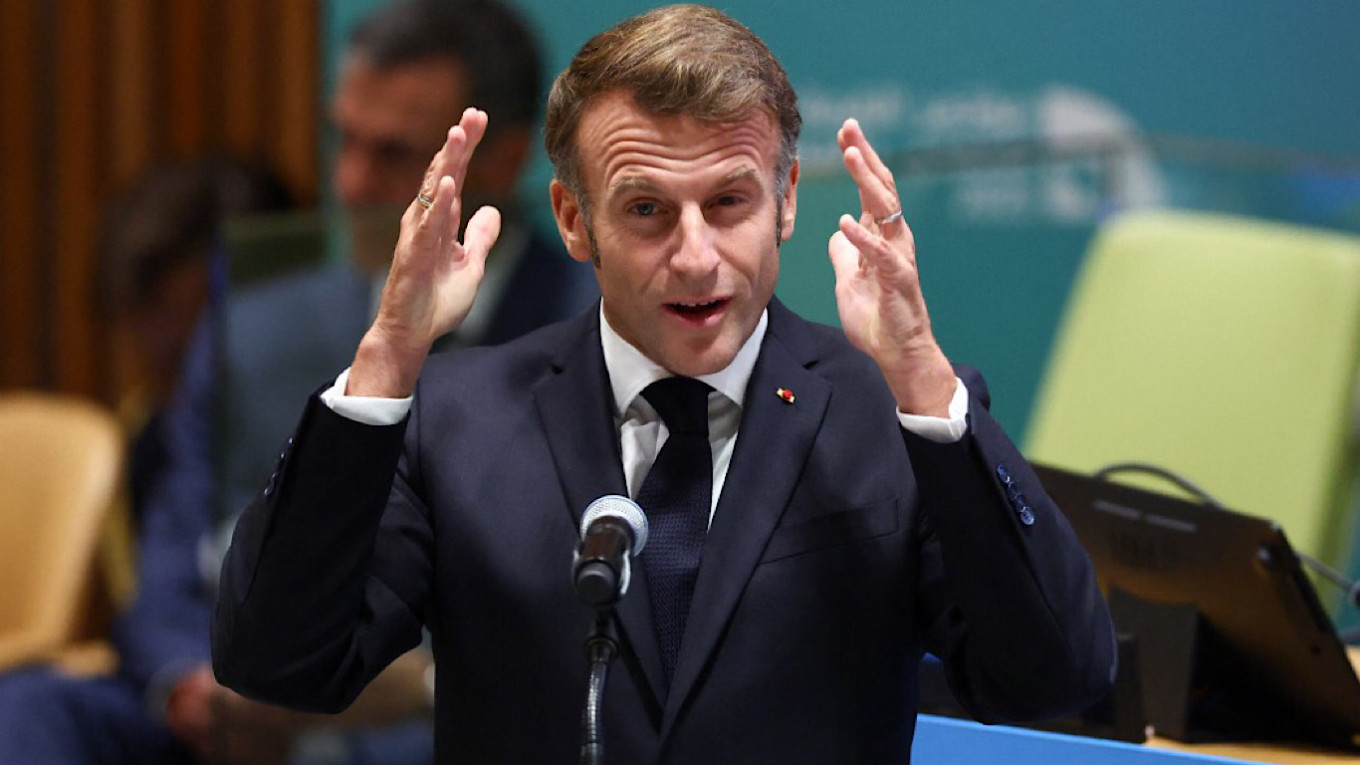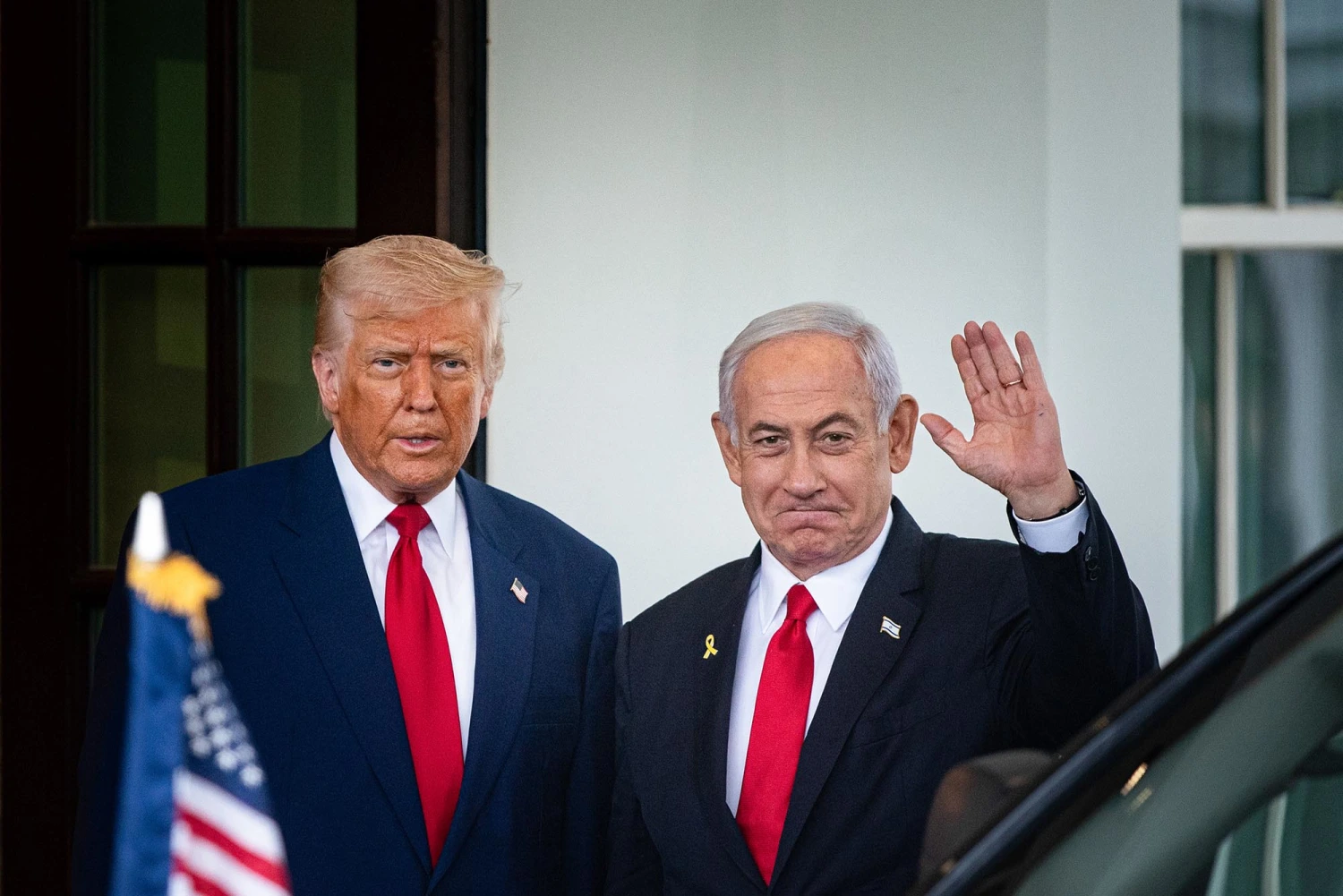Germany announced it will suspend all military exports to Israel that could be used in Gaza, citing deep concerns over Israel’s decision to take over Gaza City. Chancellor Friedrich Merz made the declaration in response to the Israeli Cabinet’s approval of harsher military actions, marking a rare rebuke from one of Israel’s most steadfast allies. The move significantly shifts Germany’s stance, especially as it previously resisted stricter measures embraced by other European nations.
The decision places further diplomatic strain on Israel, which is already facing widespread condemnation from the United Nations, human rights organizations, and even families of Israeli hostages still held in Gaza. Germany joins other European countries that have implemented economic, military, or diplomatic actions against Israel over its nearly two-year-long campaign in Gaza. Alongside the U.S. and Italy, Germany is one of Israel’s primary suppliers of military equipment.
While affirming Israel’s right to defend itself against Hamas, Merz stressed that securing hostage release and reaching a ceasefire remain top priorities. He criticized the Israeli military escalation as counterproductive to these aims. The chancellor emphasized that Hamas should not have any role in Gaza’s future and called on Israel to uphold humanitarian responsibilities by ensuring aid access and civilian protection.
Germany’s Arms Freeze Signals Strained Ties and Deepening Rift with Israeli Leadership
Israeli Prime Minister Benjamin Netanyahu reacted critically, stating that Germany’s decision rewards Hamas and undermines Israel’s fight against terrorism. Despite the diplomatic tension, the specifics of which military items are affected remain unclear, as the German government declined to elaborate. Still, this development underscores a growing rift between Israel and its longtime supporters.

Germany has historically taken a pro-Israel stance, influenced by its responsibility for the Holocaust. It has often acted to shield Israel from EU-wide criticism. However, Germany’s recent move breaks from that tradition, indicating discomfort with the Netanyahu government’s approach to Gaza. Even as other Western leaders support Palestinian statehood, Germany has withheld recognition, but its latest action suggests growing frustration.
Germany is Israel’s second-largest arms supplier after the United States, providing about 30% of its defense imports, notably naval systems. German-made equipment has been used in ongoing operations in Gaza, including tanks and warships. Experts believe the export suspension may be temporary, but its symbolism is significant, revealing deepening unease with Israeli military strategy.
European Discontent Grows Amid Gaza Crisis and Mounting Civilian Casualties in Israeli Offensive
Germany’s announcement follows a wave of EU countries expressing disapproval over Israel’s conduct. France, the U.K., Slovenia, and others have taken or proposed restrictive measures on arms or aid, highlighting the growing gap between European governments and Israel. Public outrage and protests have intensified across Europe, fueled by images of Palestinian suffering and repeated reports of civilian deaths during aid deliveries.
With over 50 hostages still believed to be in Gaza and tens of thousands of Palestinians displaced, the humanitarian crisis worsens. The Israeli government’s latest military move came despite international appeals for a ceasefire. Analysts warn that another large-scale ground operation could further deepen the catastrophe, erode global support, and escalate diplomatic isolation, even from historically close allies like Germany.












Leave a Reply